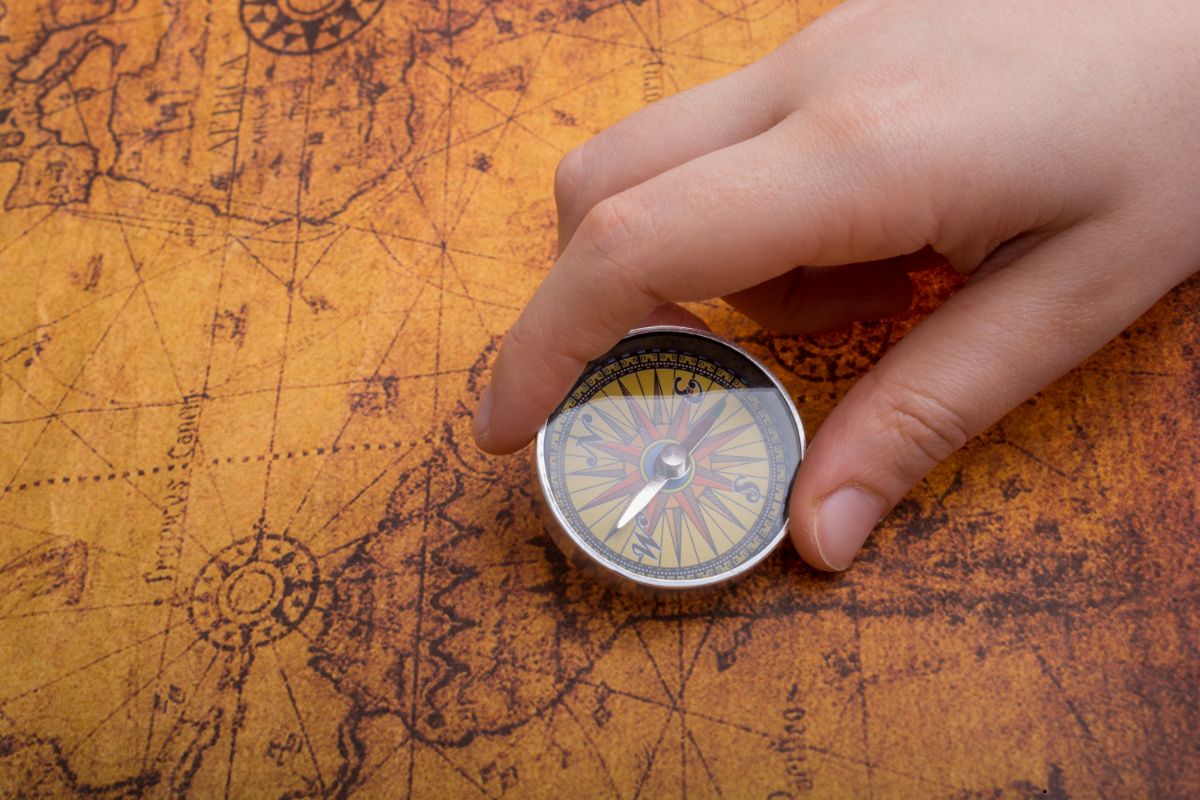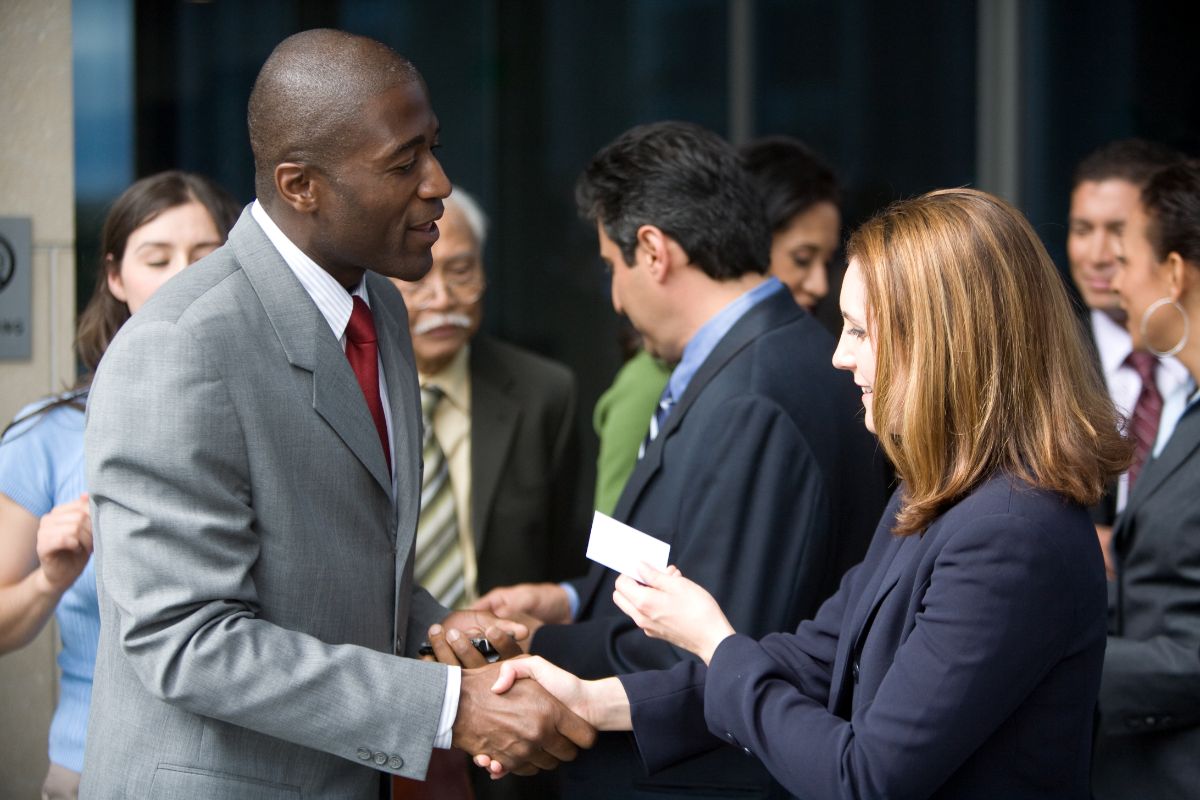Blog
On Social Science
What’s with the new fad of claiming one is a Digital Creator? What are they creating, apart from a persona? What does it even mean? At first, I thought it sounded kind of unique: “What do you for a living?” “Oh, I’m a Digital Creator. . .” “A what?!”
But I’ve begun to notice that massive numbers of Facebook people have jumped on the Digital Creator bandwagon. Why? Do they not have regular jobs? What differentiates one Digital Creator from another? Are there any Analog Creators? Are there any Non-Digital Creators? What about Digital Creatures?
But while the fad of being a Digital Creator is in its nascent stages, there is another field, well-established, that is just as problematic: the Social Scientist.
I know a lot of people lay claim to being a social scientist. Sociologists surely fall under that rubric. And so do psychologists. And we could probably put anthropologists in there as well. Same with linguists. Same with historians. Same with political scientists.
Don’t get me wrong: I have great admiration for several of these fields, especially linguistics and history. But I don’t see that what these professions do constitutes “science” in any sense. One reason I am adamant about that is due to the brilliance of one Michael Oakeshott, who took the time to make a clear distinction between a process and a practice. In Oakeshott’s way of thinking, a process is phenomena that occurs in nature, without man-made influence. Examples would include the sunrise taking place in the east, or the presence of a rainbow when there is both sunshine and rain, or the act of shivering when we are cold. In contrast, Oakeshott explains that practices are manmade. They might include things like reading the graffiti on a wall, or studying a map, or making a map or reading this very article (or the act of my having written it). Thus, Practices involve free will, choices, and volition. Processes do not (unless you are claiming God’s free will, choice, and volition causes them). A process may be an involuntary blink. A practice may involve a voluntary wink. And we all know that a blink is not a wink.
Science – real science – is the undertaking of trying to make sense of the universal laws that govern processes, or myriad natural phenomena that takes place all around us – frost forming on leaves, rain turning to hail, heat melting rock, or the movement of tectonic plates causing a tsunami.
Whereas a real scientist uses, for example, mathematics to help her in uncovering and comprehending the nature of nature, a social scientist does not do so. Sure, a sociologist may use numbers to try to affix greater exactitude to his research. But lots of professions do that which don’t even claim to be in any sort of scientific community.
Bottom line: I don’t mind if a psychologist, anthropologist, or sociologist wants to think of themselves as a social scientist, but in such instances I will always place an asterisk on the word “scientist.”





